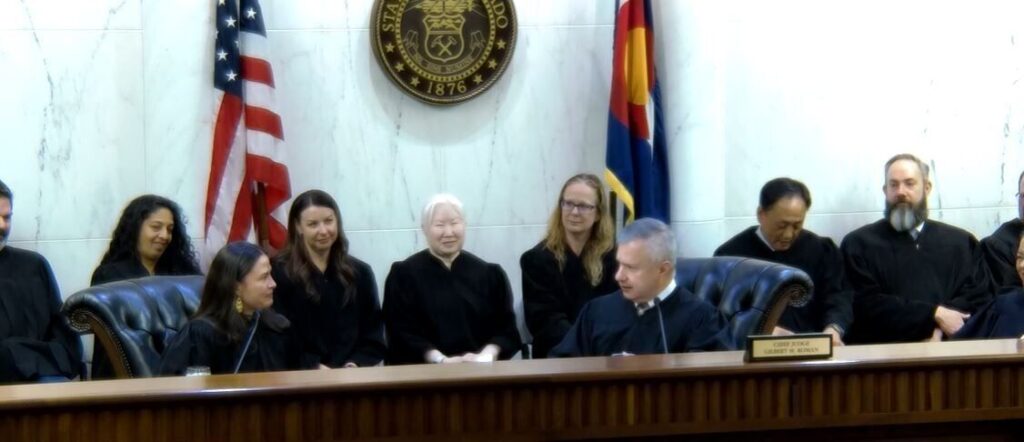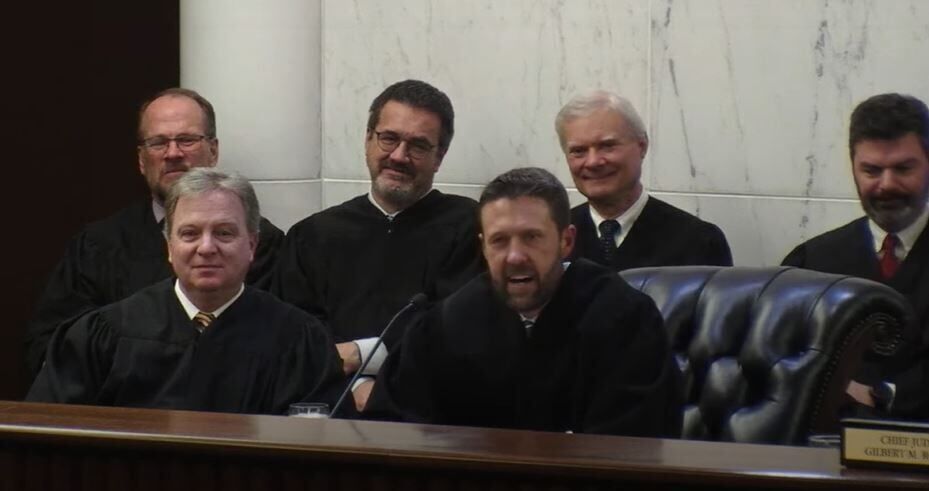Appeals court rules man cannot use ex-wife’s 16-year-old email to avoid $233,000 in child support
Colorado’s second-highest court ruled last week that a man could not rely on his ex-wife’s onetime statement that “you don’t need to pay me child support” to get out of paying $233,000 over the subsequent 16 years.
A three-judge panel for the Court of Appeals evaluated for the first time whether James Gallo could invoke the concept of “promissory estoppel” — a claim someone can assert when they rely on a promise to their detriment and incur damages. In Gallo’s case, the alleged promise was his ex-wife’s statement in a 2008 email excusing him from paying child support due to his illness and unemployment.
The appellate panel concluded a parent cannot invoke their ex-spouse’s promise as a defense to not paying child support.
“The General Assembly enacted child support guidelines to ensure that parents equitably contribute to a child’s expenses and vested the courts — rather than parents — with the sole authority to modify child support orders,” wrote Judge Timothy J. Schutz in the Aug. 8 opinion.
Shortly after Gallo’s divorce, he developed health issues and lost his job. In March 2008, his ex-wife sent an email about the $1,250 court-ordered child support Gallo was required to pay each month.
“I thought about this and because of your illness and not working, you don’t need to pay me child support,” she wrote. “Help where you can. We will figure this out. I don’t want attorneys involved since we both paid enough during the divorce.”
For the next decade and a half, Gallo did not pay child support. In March 2023, his ex-wife filed a motion seeking $233,000 in past-due payments. Gallo invoked the concept of promissory estoppel, arguing he relied on the statements in the 2008 email.
Douglas County District Court Judge Robert Lung sided against Gallo, finding there was no “promise” contained in the email.
“Further, child support is the right of the child and it is violative of public policy to waive all child support,” he wrote in April 2023. The lone email “does not reflect a meeting of the minds nor does (Gallo) alleged he did in fact do ‘what he could’ for the last fifteen years.”
On appeal, Gallo insisted there was only one way to interpret his ex-wife’s words, and her move to collect child support now, when their child was about to reach the cutoff for payments, suggested the money was really intended for her. Gallo’s ex-wife countered that her email was not intended to waive 16 years of child support, and court orders should not be circumvented through onetime statements of one spouse the other.
The Court of Appeals panel agreed there was no indication a parent could use their ex-spouse’s promise to evade court-ordered child support. Moreover, the 2008 email was not a promise to forgive Gallo’s obligations forever.
“Rather, read in context, it rings as a temporary accommodation of father’s health and work circumstances,” Schutz wrote. “Based on these findings, even if the parties had the legal authority to modify the child support order — which they don’t — father fails to establish that the district court erred.”
The case is In the Marriage of Gallo.












